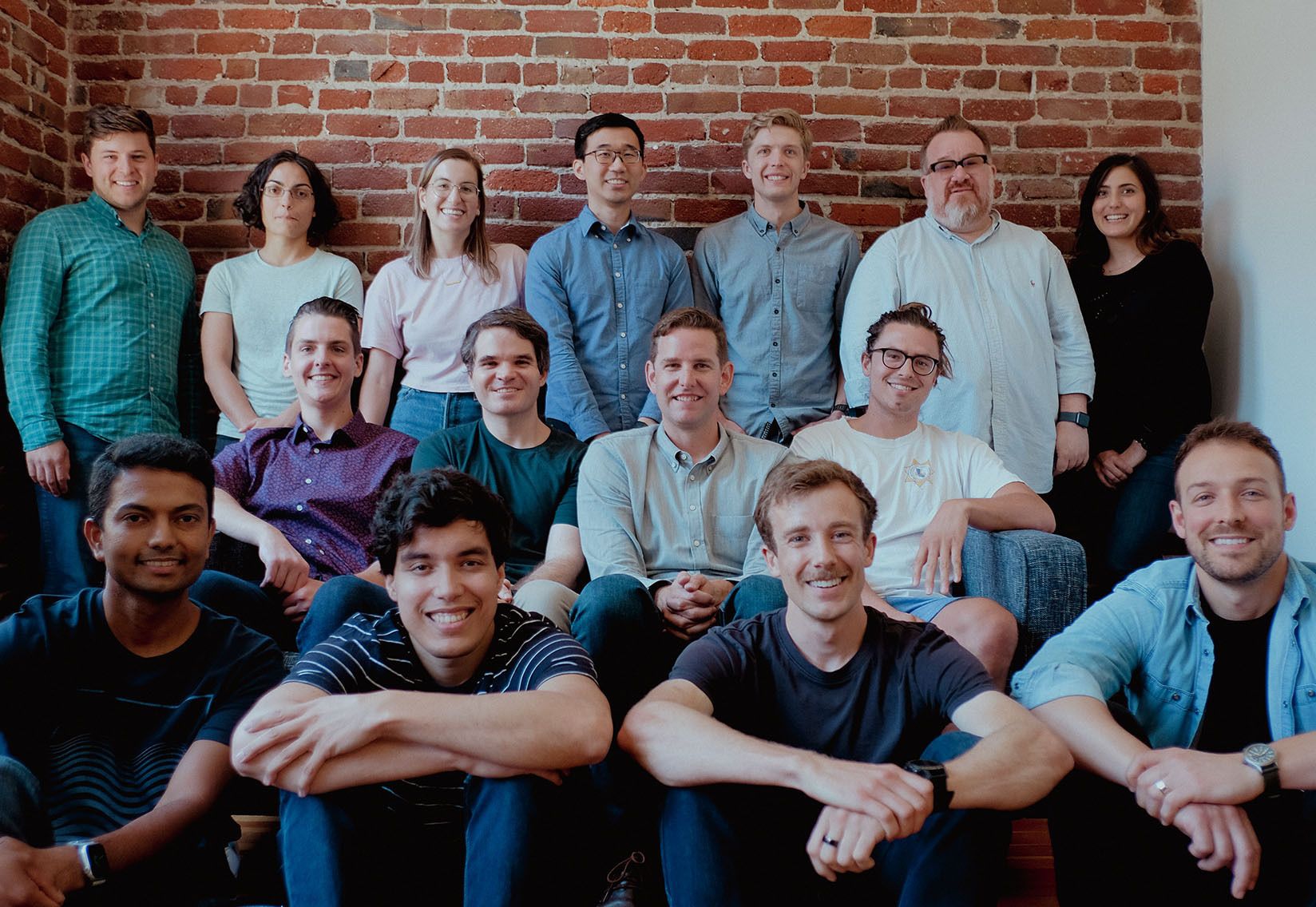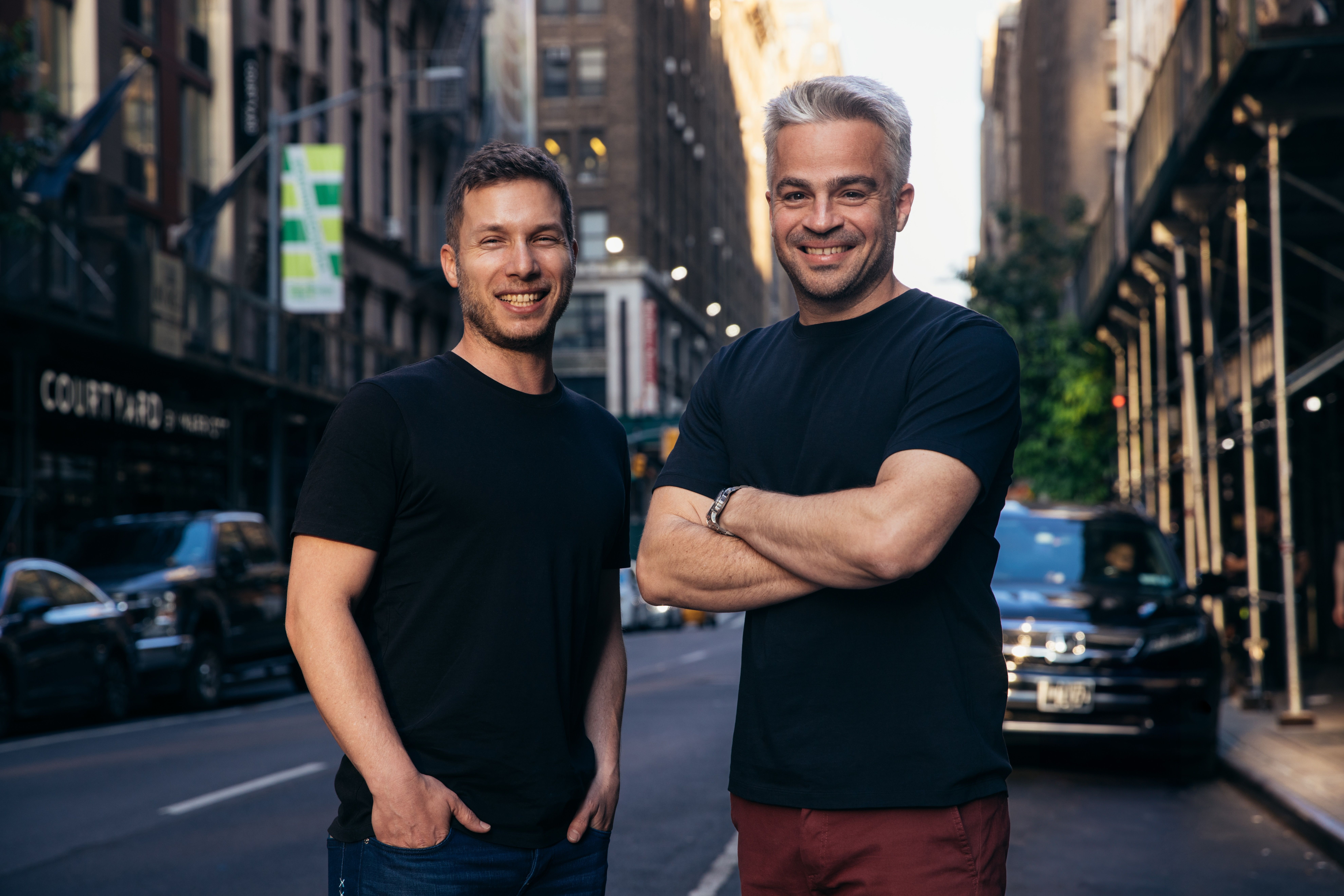Transform Data: From Oil To Electricity

One of the most overused terms in technology is that data is the new oil. It’s one of those buzzword catchphrases that has never sat right with me. The term, of course, has a tremendous amount of truth to it. There is no denying that companies that own it accrue an amazing amount of revenue. But, it has always felt like it sells things short. If done right, data should be so much more than a means of production. It should not be a scarce resource dominated by the few, but a shared utility leveraged by the many. In an ideal world, data is not the new oil, it is the new electricity.
We have a long way to go to make this into a reality. Today, the data world is a bit like if we were trying to use electricity without the invention of light switches or wall sockets. You could of course wire up the circuit yourself, but it requires a very non-trivial level of knowledge and expertise to do safely. You need to hire an electrician, someone who thinks of electricity in terms of circuits, resistors, and grounds. Most people don’t want to go to trade school or call an electrician every time they want to turn on the TV, nor should they be trusted to fiddle around with wiring directly themselves. Sockets and switches elegantly solve this problem by acting as a trusted translation layer between electrician and average joe, people like you and me who think of electricity in terms of “turn the light on” and “I hope this does not kill me”. It’s easy to take these things for granted, but their importance for all parties involved cannot be understated. For the user, they take something that is inherently very technical and dangerous and make it into something safe and approachable. For the electrician, they provide a standard and trusted way for them to share the fruits of their hard work with the world and scale their time. Wire it once, and move on.
In the data world, analysts are the electricians. They are both inherently technical, deal with things that are dangerous if done wrong, and provide an important and powerful product to their end customer bases -- customer bases which are mostly looking for simplicity. The electrician’s circuits and resistors are the data practitioners rows, columns and tables. Just as the average person just wants to turn the light on, the average business user just wants a trusted metric for revenue. They don’t need to know how it was calculated, but they do need to be right. They need to understand how to properly use it, and they need to understand who to call if it breaks.
Doing this today is, to put it lightly, a bit of a nightmare. Dashboards solve some of the problem, but are a bit like a fusebox. They are safer and more approachable than raw data, but are confusing, hard to decipher, and often go untouched for extended periods of time. Oftentimes the solution becomes to ask an analyst for help directly, the equivalent of calling the electrician to turn on the toaster. Without a translation layer between the two groups, data analysts are stuck constantly responding to one off requests and business users are left in the dark. The data world needs it’s light switch, and that switch is Transform Data.
Enter Transform
As with many great 21st century business relationships, the relationship between Index and Transform started with an email. The email in question came from my colleague Dino Becirovic, who had just across the profile of a former Airbnb Product Manager who was “up to something new,” the unofficial LinkedIn code words for “I am going to start a company.” The profile belonged to Nick Handel, who had been a PM on BigHead, Airbnb’s internal machine learning platform. I had seen a presentation on BigHead at data council a few months prior, and had been keeping an ear to the ground for someone from the team to leave and start a company. I was elated that Dino had found someone. My response was brief, but animated:
“Yes x 1000”
A few minutes later Nick and I were booked to meet later that week. The conversation ended up being one the most memorable I have had in my career, as Nick outlined his simple yet ambitious vision: to create a single, easily accessible source of truth for all of a company's business metrics. He had seen the way that Minvera had Transformed the data culture of Airbnb, and wanted to bring this feature set to the masses. His argument was that while feature stores and the work on BigHead was cool, the number of companies doing meaningful machine learning was just a fraction of those doing SQL based analytics. He was convinced that the metrics store was the key to a brighter data future. Both me and my colleague and resident fintech expert Mark Fiorentino were sold. We had experienced this problem from both ends, I as the data person, Mark as the business user. Combine this with the fact that virtually every large tech company had built something like this in house and it was pretty clear that Nick was onto something.
In retrospect, this meeting encompassed many of the things that I have found make Nick Handel so special. The practicality to focus on the market need vs the hot new thing. The deep understanding of both the analyst and the business user. The personable nature and ability to laugh at both himself and the world. And of course, the signature mustache. Beyond being impressed by Nick, Mark and I both just really liked him. It can’t be understated how important this is in entrepreneurship, and it’s important to take note of as an investor. If you really enjoy spending time with someone, the likelihood that a lot of other people will feel the same way is pretty high. Nick was someone we thought would be a blast to work with, and we were pretty sure others would feel the same.

The Transform team
To say this turned out to be true would be an understatement. A few weeks later Nick had convinced James Mayfield and Paul Yang to join as co-founders. A few weeks after that he had a Seed deal split between Index, Patrick Chase at Redpoint, and John Komkov at Fathom. A few months after that Nick, Paul, and James had hired amazing engineers, designers, and markers from fantastic organizations Airbnb, Slack, Auth0, Asana, Facebook. The common thread? Everyone was not just an amazing employee, but an amazing person. It made doubling down to the lead the Series A a no brainer.
Building a company is often painted as an exercise in building products, but it is actually an exercise in building culture. It is the one thing you cannot fake. It attracts great people, who build great things, which generates great revenue, which makes a great business. James’ patience and thoughtfulness, Paul’s team orientedness, Komkov’s love of a good laugh, Pat’s collaborative no BS attitude, Amit’s execution and organization, Roxanna’s early mornings, Marco’s willingness to do the dirty work, Jim’s equanimity, Drew’s seemingly endless energy, Bobby’s passionate desire for a La Marzocco Espresso machine. These are the things that make Transform electric.
Time to turn the lights on.
Published — June 17, 2021

